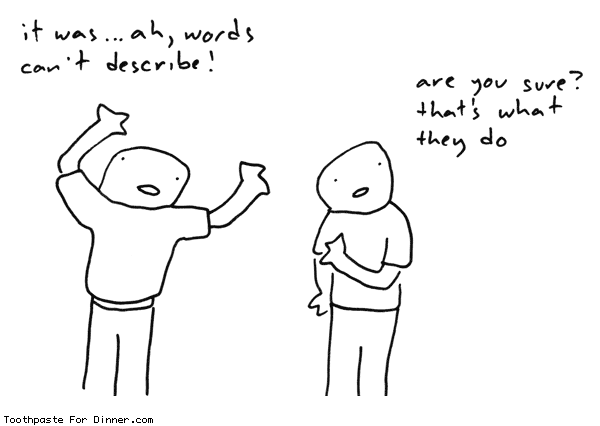
Last night we heard a whistle, then a bang; our neighbor saw a flash. I figured someone had launched a bottle rocket, and today Leslie found the evidence near the compost bin, a bright yellow cardboard tube attached to a pink stick
As I was walking by the Brussels sprouts, a pair of cabbage moths flitted by--while I've no particular opinion what two adult cabbage moths do with each other, I do care about the damage done by their voracious babies.
I swatted clumsily at the moths, using the spent bottle rocket. A wing floated softly to the ground. I found the other wing still attached one of the critters, now flailing on the grass.
I do not like to kill, but if I need to kill, I prefer to do it consciously. I crushed the writhing animal quickly.
A moment later, a monarch butterfly fluttered around me, nearly landing on the same spent firework, maybe mistaking it for a flower.
The story has little point for most readers. I write it so Leslie and I will remember it next year. We do not remember things as well as we used to.
Tonight we sat down to pesto and tomato salad, both gifts from the garden. We paddled on tidal waters a good chunk of the afternoon. I watched hundreds fiddler crabs pick at the mud with their smaller claws, then bringing food to their mouths. I watched sea urchins just under the wateras I drifted along the edge of a bridge. I saw a tern crash into the water, emerging with a minnow writhing as the moth had.
The beans have gone nuts--we picked almost 4 pounds yesterday, and plenty remain on the vine. The leaves are no longer bright green as the summer light fades. The vine's faith rests in the bean pods.
When I look at last year's posts in late August, I see I talked about similar things. If we live long enough, we will do so again next year, next decade.
From the last Saturday in August 2009:Same story, a slightly different role for us as we age.August is a silly month--we gorge on the harvest while the sun swings wildly to the south in its death dance. Few of us notice.
Tonight Leslie and I feasted on eggplants from the garden, cooked over charcoals coaxed to flames by olive oil from Italy, a country I pretend to know something about, though I've only been in its airport in Rome. The flames were fueled by sunlight almost half a world away
Leslie and I spend half our lives near the Delaware Bay, Jersey side. We can watch the sun set on the water on the beach a few blocks away. In June we look to our right--now we look slightly to our left.
And that is the point.
She granted it. This may be the highlight of my blogging efforts.
I still need to write a post worthy of the post--when I do, I'll let Ms. Kelly know.














































